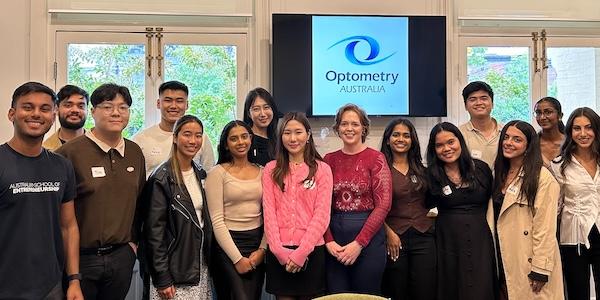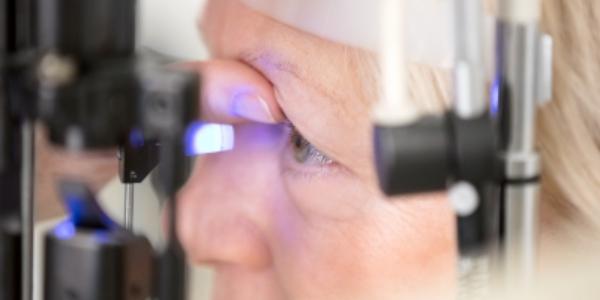Optometry Australia launches members-only book club
Optometry Australia has launched its Members Book Club, a free-to-join social initiative, with four books selected per year and quarterly virtual catch ups to discuss selected texts. The book club will give members the opportunity to connect with peers through shared literary interests and an enjoyment of reading. View
View



